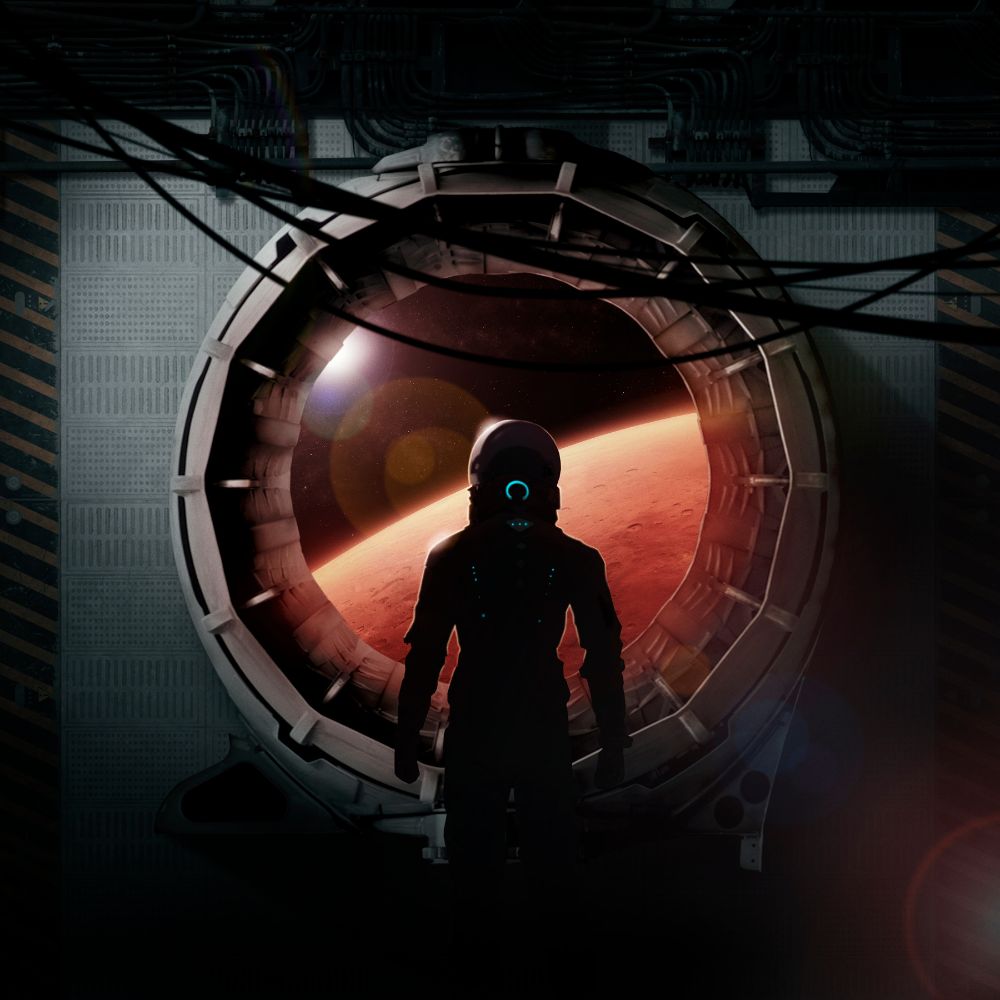
Like many of Christopher Nolan’s films, Interstellar was a cultural phenomenon that’s still talked about today. Especially given the Oscar attention Nolan’s most recent film, Oppenheimer, is receiving, people are looking back at the director’s past work. Now, with Interstellar’s renewed attention, one of the film’s oldest questions has finally been answered.
Christopher Nolan’s Dedication
Christopher Nolan takes his craft very seriously and doesn’t leave room for even the smallest details to go unnoticed. Not only did the director plant 500 acres of corn to shoot just one scene, but he also hired a physicist to accurately create mathematical equations that describe a black hole – a feat that took 100 hours for each frame to render. Well, another detail that Nolan was determined to get just right in his film was the ticking noise on Miller’s planet.
The Ticking Noise
Time moves extremely slowly on Miller’s planet because it’s located near a black hole – the strong gravitational pull slows time down. So, the ticking we hear on the planet is showing us the difference between time on Earth and on Miller’s planet. Every hour on the foreign planet equals seven years on Earth, and the ticking occurs at a rate of 1.25 seconds. This means that each tick represents one full day on Earth that the characters are missing out on while they’re stuck on Miller’s planet.

As usual, Christopher Nolan has created a masterpiece that still has people mesmerized years – and ticks – later.